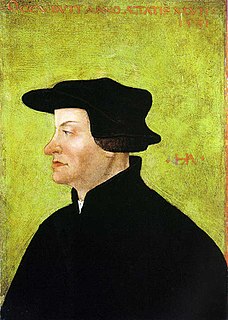A Quote by Simon Sinek
A parent does not do everything for their kid. A parent that does everything for their kid produces a kid with no self-confidence. If our parents fixed everything for us and did not allow us to do anything on our own, or intervened every single time, we would all grow up to be completely dependent. The reason we grow up to be healthy adults is because our parents played this game of giving us responsibility, disciplining us when necessary, letting us try, letting us fail.
Related Quotes
We grow because the clamorous, permanent presence of our children forces us to put their needs before ours. We grow because our love for our children urges us to change as nothing else in our lives has the power to do. We grow (if we're willing to grow, that is: not every parent is willing) because being a parent helps us stop being a child.
Before making peace, war is necessary, and that war must be made with our self. Our worst enemy is our self: our faults, our weaknesses, our limitations. And our mind is such a traitor! What does it? It covers our faults even from our own eyes, and points out to us the reason for all our difficulties: others! So it constantly deludes us, keeping us unaware of the real enemy, and pushes us towards those others to fight them, showing them to us as our enemies.
I'm not sure if resilience is ever achieved alone. Experience allows us to learn from example. But if we have someone who loves us-I don't mean who indulges us, but who loves us enough to be on our side-then it's easier to grow resilience, to grow belief in self, to grow self-esteem. And it's self-esteem that allows a person to stand up.
Each of us is our own story, but none of us is only our own story. The arc of my own personal story is inexplicably and intrinsically linked to the story of my parents and the story of my neighbor and the story of the kid that I met one time. All of us are linked in ways that we don't always see. We are never simply ourselves.
There are a lot of voices inside of us. We have the voices of our parents, our grandparents, our society, our bosses, our own should's and shouldn'ts, and our self-worth is in us, controlling us a lot. When we can get past all of those, and get to the deep, core part of us, there's a voice within our soul that I believe is connected to our Divine or Higher Self. That voice within is there to guide us through all aspects of our lives.
The people who help us grow toward true self offer unconditional love, neither judging us to be deficient nor trying to force us to change but accepting us exactly as we are. And yet this unconditional love does not lead us to rest on our laurels. Instead, it surrounds us with a charged force field that makes us want to grow from the inside out - a force field that is safe enough to take the risks and endure the failures that growth requires.
Giving up everything must mean giving over everything to kingdom purposes, surrendering everything to further the one central cause, loosening our grip on everything. For some of us, this may mean ridding ourselves of most of our possessions. But for all of us it should mean dedicating everything we retain to further the kingdom. (For true disciples, however, it cannot mean hoarding or using kingdom assets self-indulgently.)
Were it possible for us to see further than our knowledge reaches, and yet a little way beyond the outworks of our divinings, perhaps we would endure our sadnesses with greater confidence than our joys. For they are the moments when something new has entered into us, something unknown; our feelings grow mute in shy perplexity, everything in us withdraws, a stillness comes, and the new, which no one knows, stands in the midst of it and is silent.
































